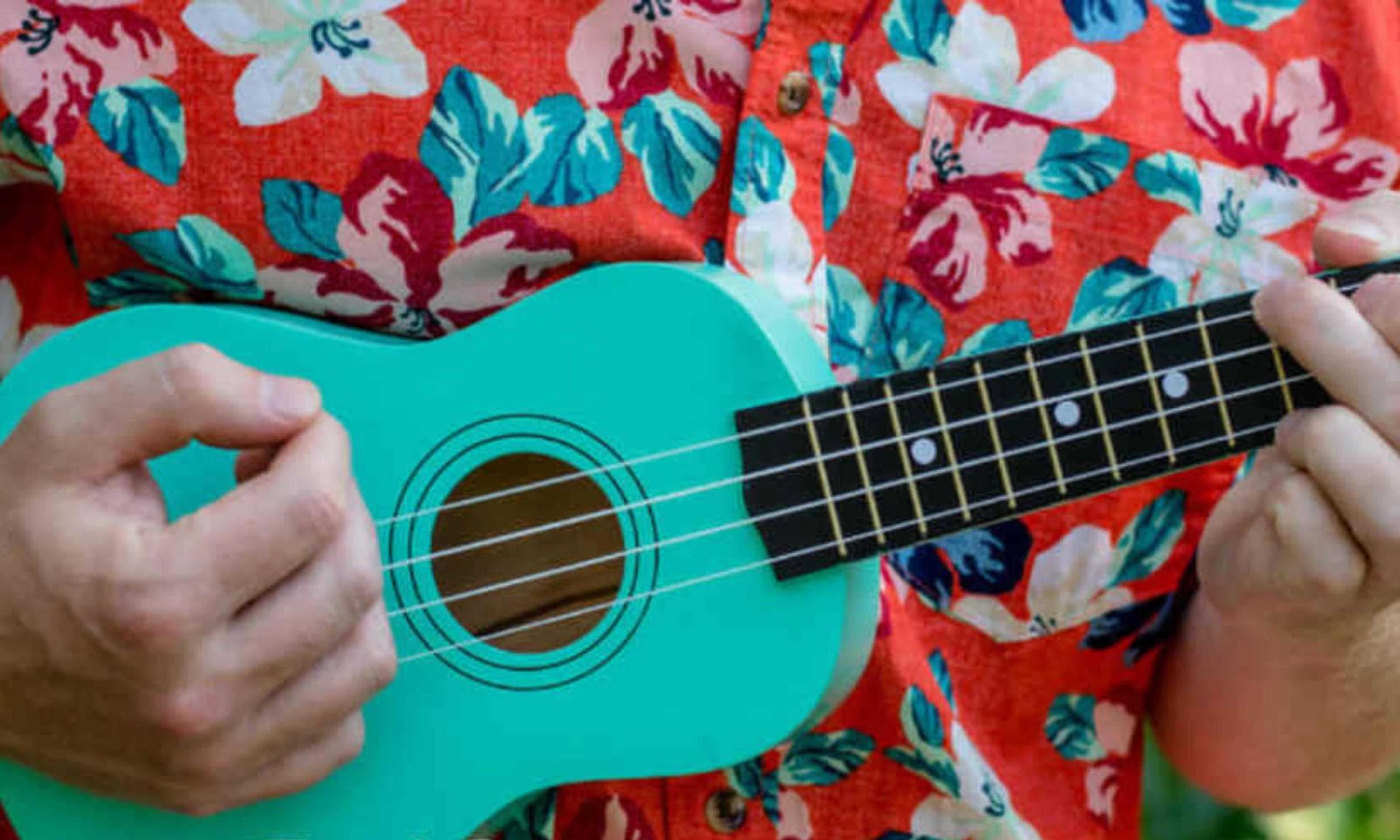

The new medical school will offer a graduate-entry curriculum, which is a proven model of medical education seen around the world.
Photo/Supplied
Pacific health expert questions impact of new medical school on Pacific representation
Sir Dr Collin Tukuitonga says the proposed medical school in Waikato will not address Pasifika under-representation in the medical field.



'Even 20 cents adds up’: Manukau commuters feel pinch of fare rise
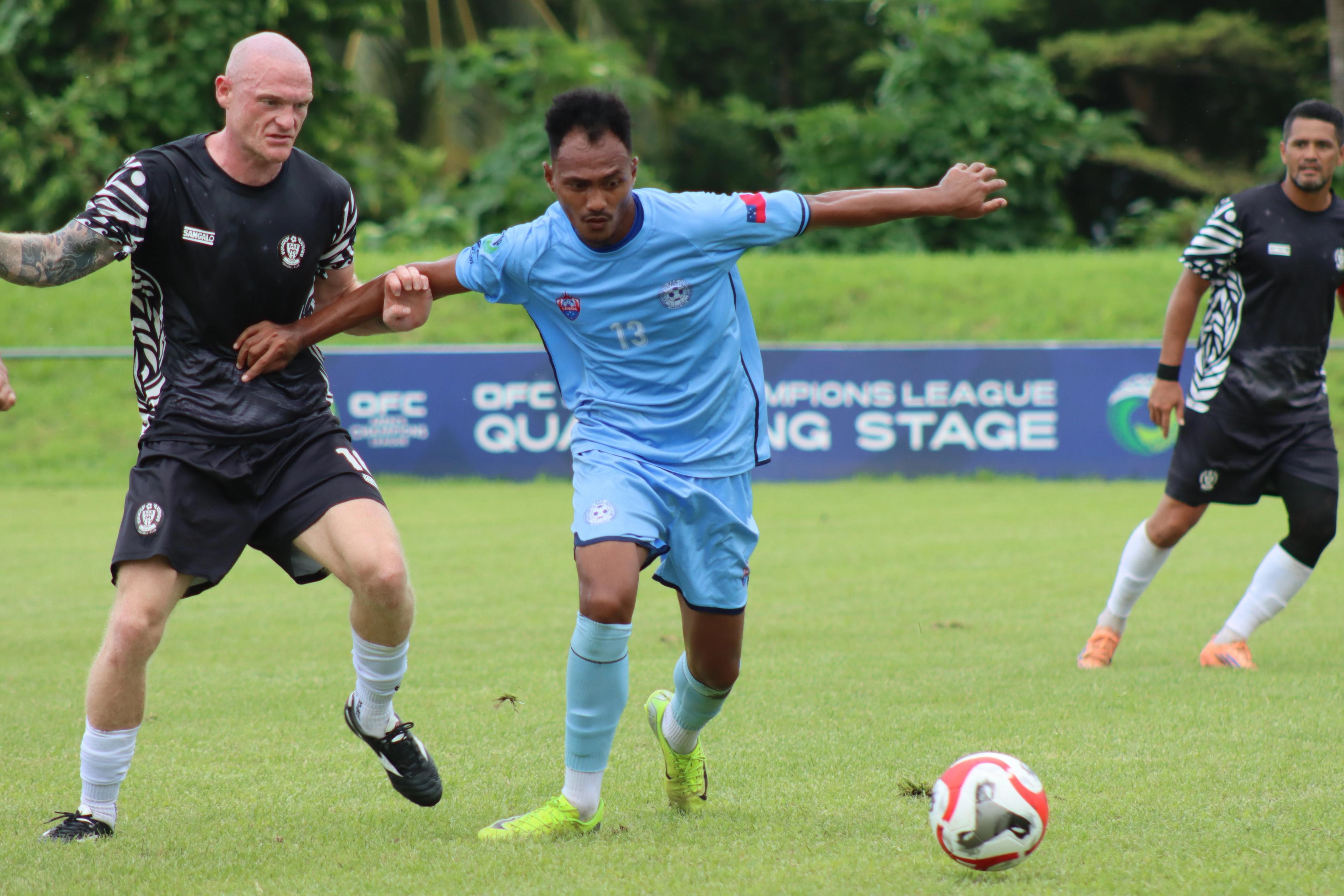
Pacific drama in Sāmoa as late twists keep Oceania dream alive
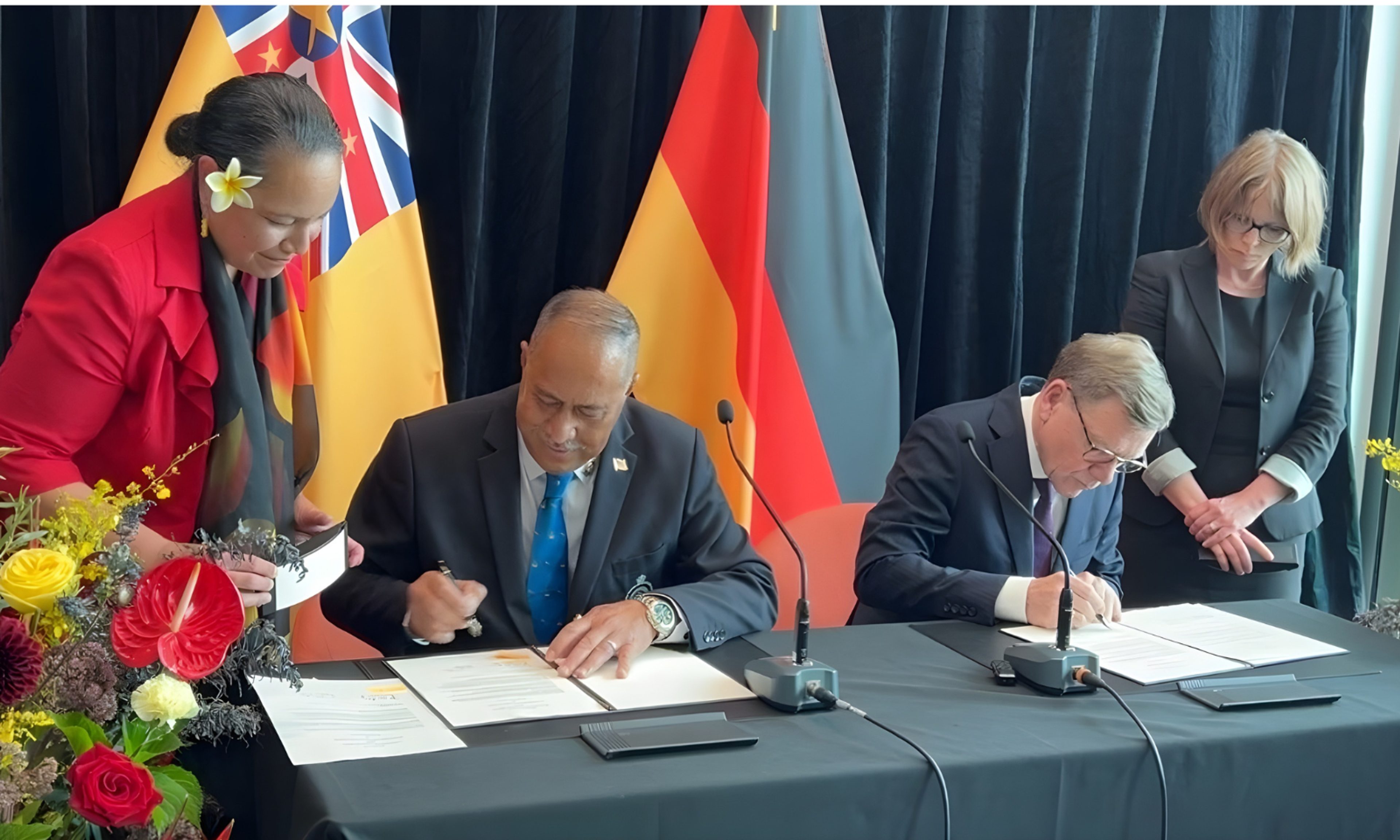



'Even 20 cents adds up’: Manukau commuters feel pinch of fare rise

Pacific drama in Sāmoa as late twists keep Oceania dream alive

A Pacific health expert doubts a new medical school at the University of Waikato will change the representation of Pacific people in medicine.
Speaking to PMN News, Sir Dr Collin Tukuitonga, the Associate Dean at the University of Auckland, raises concerns about the lack of Pacific people going into the medical field after high school.
“Obviously it's a good thing for the medical workforce in New Zealand but I doubt that the work at a school is going to make much difference for Pacific people,” Tukuitonga says.
“Not enough young people coming through from high schools are capable of meeting the requirements.
“We've also said repeatedly, we being the University of Auckland and Otago, that actually we could train more Māori, Pacific and other young people within the two medical schools without having to add the cost of new buildings.”
According to the Ministry of Health, as of 2024, there are 522 Pacific medical doctors in New Zealand, representing 2.6 per cent of the total doctor workforce.
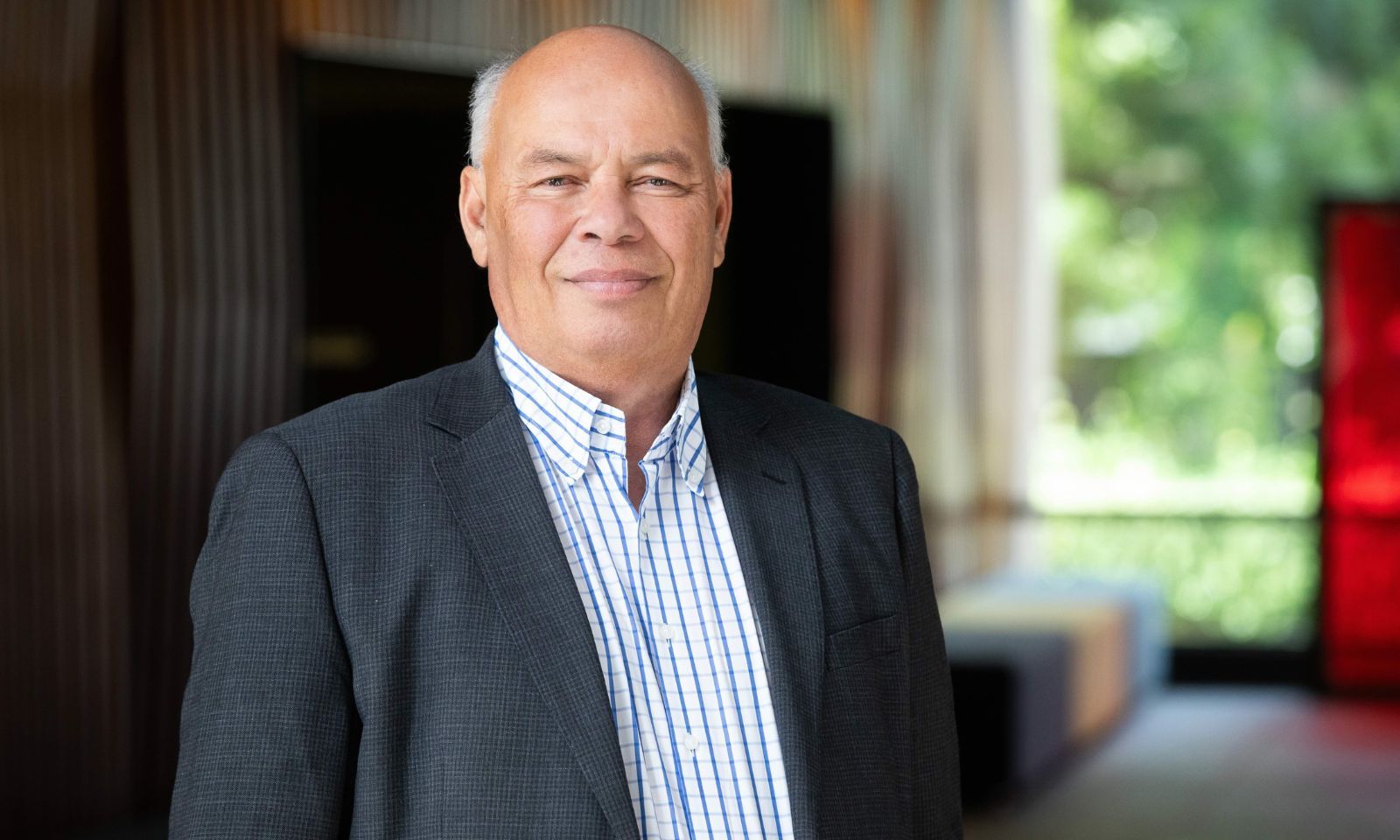
Sir Collin Fonotau Tukuitonga KNZM is a Niuean-born New Zealand doctor, public health academic, public policy expert and advocate for reducing health inequalities of Māori and Pasifika people. Photo/Supplied
While this number has significantly increased in recent years (an increase of 3.6 times since 2005), Pacific people remain underrepresented in the medical workforce relative to their population proportion.
In response to Tukuitonga’s concerns over costs, Deputy Prime Minister David Seymour says, “The taxpayer got a really great deal”.
“We saw that full cost benefit analysis, we weighed up Auckland and Otago versus Waikato and along with considerable savings that were brought to the table,” Seymour says. “I think that the taxpayer got a really good deal.”
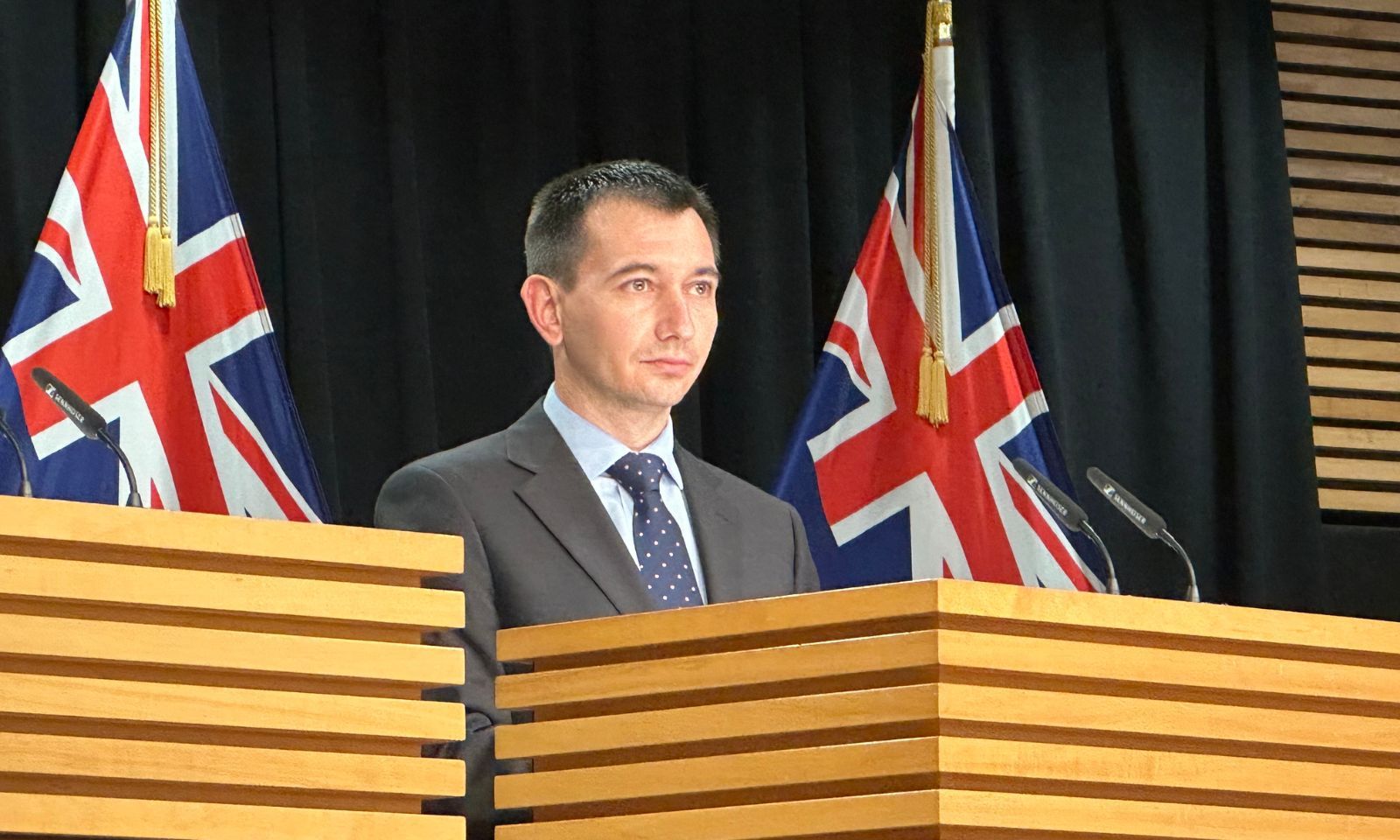
Health Minister Simeon Brown. Photo/PMN News/Ala Vailala
Health Minister Simeon Brown says the new medical school will receive $82.85 million in Government funding and over $150 million from the university, most of it from philanthropic sources.
“Today’s decision will enable the University of Waikato to begin construction on new teaching facilities later this year and start planning for clinical placements, while giving more students the opportunity to study medicine in New Zealand,” Brown says.
The new school will offer a graduate-entry programme and aims to add 120 doctor training places each year starting in 2028, on top of the 100 extra training places being introduced at the Auckland and Otago universities.
Tukuitonga questioned the need for a new medical school, labelling it as a ‘political spin’.
“We are considering a post-grad entry anyway. So how is this different I guess is my question? And the big problem, as I've signalled to you before, is we don't have enough young people who will meet the requirements.
Watch the announcement here
“So even if you have four medical schools, it's actually not going to make much difference, I'm afraid.”
Tukuitonga also highlighted that the inequities facing Pacific communities extend well beyond healthcare.
“The inequities issue is not a medical issue as such. It's to do with poor housing, low income, all of those sorts of issues.
“If you're really serious about addressing inequities, I'd put more money into better quality housing, into education, into early access to primary care. Not build another medical school.”